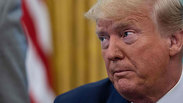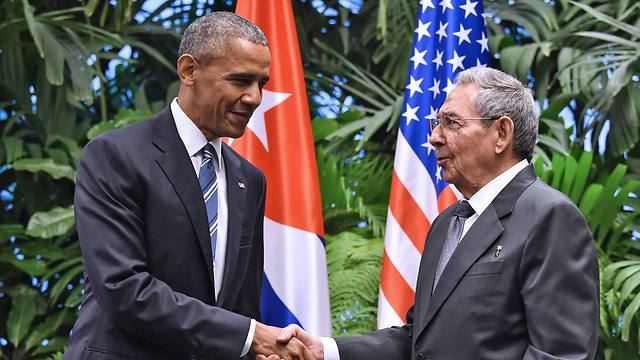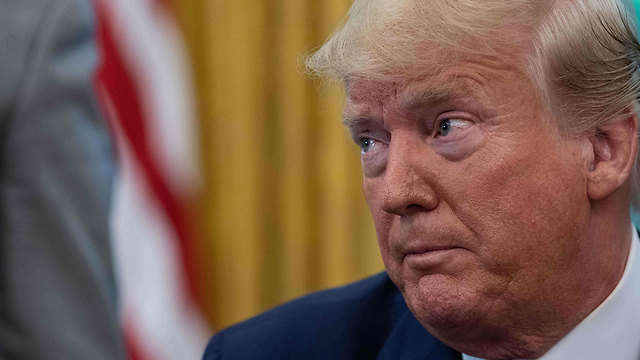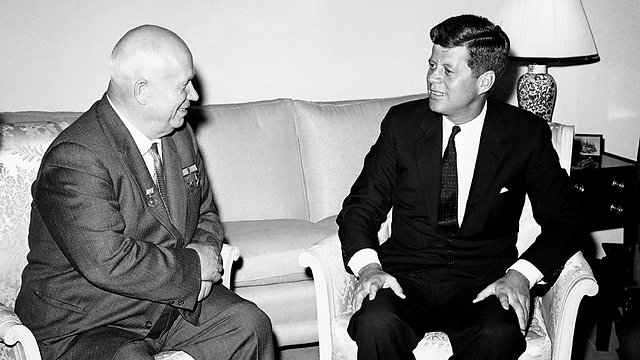
President Eisenhower refused to meet the young revolutionary and soon after his return to Havana, Castro joined forces with the Soviet Union.
What would have happened if Eisenhower had agreed to meet Castro?
Could the United States have avoided more than 50 years of animosity toward Cuba if only the president would have taken the time to meet the young leader? Probably not.
Both seemed to have a greater need to define each other as enemies than an understanding of the political advantage that could be had if they were to establish some rapport.
Eisenhower had to act aggressively towards the new government in Havana while Castro's legitimacy was to a great extent based on his anti-American stance.
This was a classic moment in history where speaking to the enemy could not advance political goals.
We are now at a similar moment, this time in the relations between the United States and Iran.
One could claim that it would be naïve of President Donald Trump to think that talking directly with the Iranian regime would advance a new and better nuclear deal, because both parties need each other more as enemies. But is that really the case?
Aside from the meeting that never took place back in 1959 between Castro and Eisenhower, American presidents have tended to initially speak harshly about their adversaries, but by the time they leave office have exhausted all options for dialogue.
Barely two years after Castro's visit to Washington, the United States and the Soviet Union were on the verge of war over the Soviet nuclear missile deployment in Cuba.
President John F. Kennedy met with Nikita Khrushchev in Vienna in 1961, and they later managed to successfully negotiate a solution to both the Berlin and the Cuban crises.
In the middle of the Vietnam war, U.S. President Lyndon Johnson used various back channels Poland or Canada, to communicate with the North Vietnamese.
Richard Nixon had back channels for secret talks with China; Jimmy Carter negotiated the release of American hostages in Tehran; Ronald Reagan met with the Cuban vice president, and Bill Clinton reached agreements with North Korea.
Even George W. Bush, who may be the poster boy for "not speaking to the enemy," recognized there are some gray areas: dealing with Syria's Bashar Assad who replaced Saddam Hussein as part of the axis of evil. In fact, Bush ended up speaking to all members of this infamous group - including North Korea and Iran.
Despite the rhetoric and the mutual shows of force, war with Iran is not in the interest of the United States at this point.
Therefore Trump, should he decide to begin negotiations with Tehran, will be following in his predecessors' footsteps and continuing a long tradition of diplomacy.



















